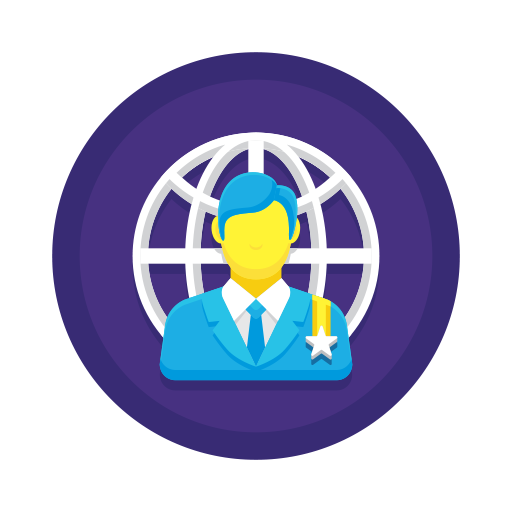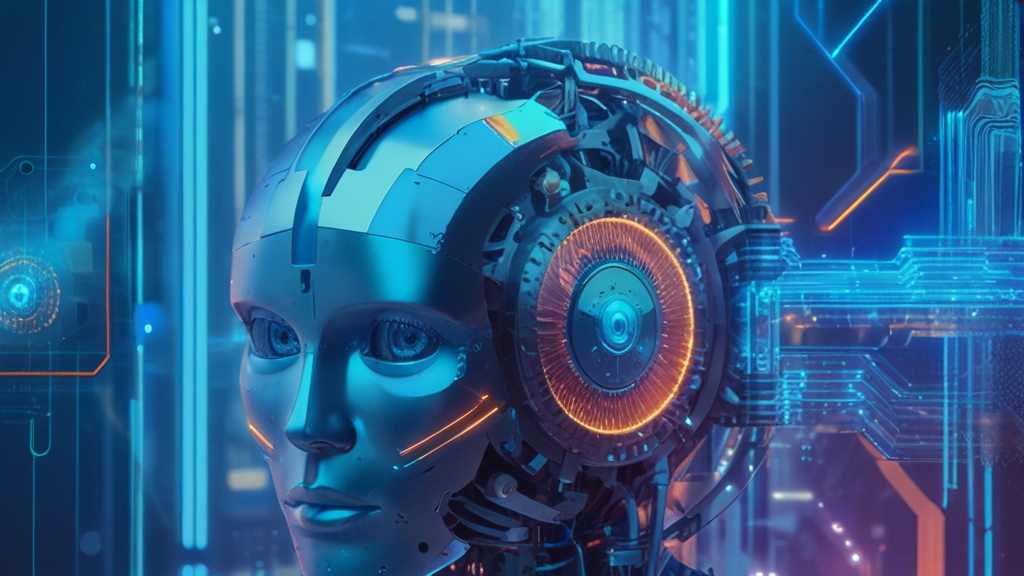The AI Automation Revolution
In today’s fast-paced digital world, Artificial Intelligence (AI) and Automation are transforming the way we live and work. From self-driving cars to virtual assistants, AI and Automation are changing the landscape of various industries, including healthcare, finance, and manufacturing. But what exactly are AI and Automation, and how do they work? In this blog post, we’ll dive into the basics of AI Automation, exploring their definitions and benefits.
What is AI?
Artificial Intelligence (AI) refers to the development of computer systems that can perform tasks that typically require human intelligence, such as learning, problem-solving, and decision-making. AI systems use algorithms and data to simulate human-like behavior, allowing them to perform tasks such as:
– Recognizing images and speech
– Natural Language Processing (NLP)
– Predictive analytics
– Decision-making
What is Automation?
Automation, on the other hand, refers to the use of technology to perform tasks or processes without human intervention. Can be used to automate repetitive, mundane, or complex tasks, freeing up human workers to focus on more strategic and creative tasks. Automation can be used in various industries, including:
– Manufacturing: Automating production lines to increase efficiency and reduce costs
– Healthcare: Automating medical procedures and diagnosis
– Finance: Automating financial transactions and reporting
How do AI and Automation Work Together?
They work together to create intelligent systems that can perform tasks more efficiently and effectively than humans. AI provides the intelligence, while Automation provides the execution. For example:
– AI-powered chatbots can use NLP to understand customer queries and provide personalized responses
– Automation can be used to automate the processing of customer service requests, freeing up human customer service representatives to focus on more complex issues.
Benefits:
The combination of AI and Automation offers numerous benefits, including:
– Increased efficiency: Automating repetitive tasks can free up human workers to focus on more strategic and creative tasks
– Improved accuracy: AI-powered systems can perform tasks with higher accuracy and precision than humans
– Cost savings: Automating tasks can reduce labor costs and increase productivity
– Enhanced customer experience: Agents and virtual assistants can provide personalized and efficient customer service
Applications:
AI is being used in various industries, including:
– Healthcare: Automating medical procedures and diagnosis, and using AI-powered chatbots to provide patient care
– Finance: Automating financial transactions and reporting, and using AI-powered systems to detect fraud
– Manufacturing: Automating production lines to increase efficiency and reduce costs
– Customer Service: Using AI-powered chatbots and virtual assistants to provide personalized and efficient customer service.
Conclusion:
Automations is revolutionizing the way we work, offering numerous benefits and applications across various industries. By understanding the basics of AI and Automation, we can better appreciate the potential of these technologies and explore ways to integrate them into our daily lives. Whether you’re a business leader, a developer, or simply someone interested in the latest technology trends, understanding the basics is essential for staying ahead of the curve.
Stay tuned for our next blog post, where we’ll explore the latest trends and innovations in AI. In the meantime, feel free to share your thoughts and questions in the comments below.







